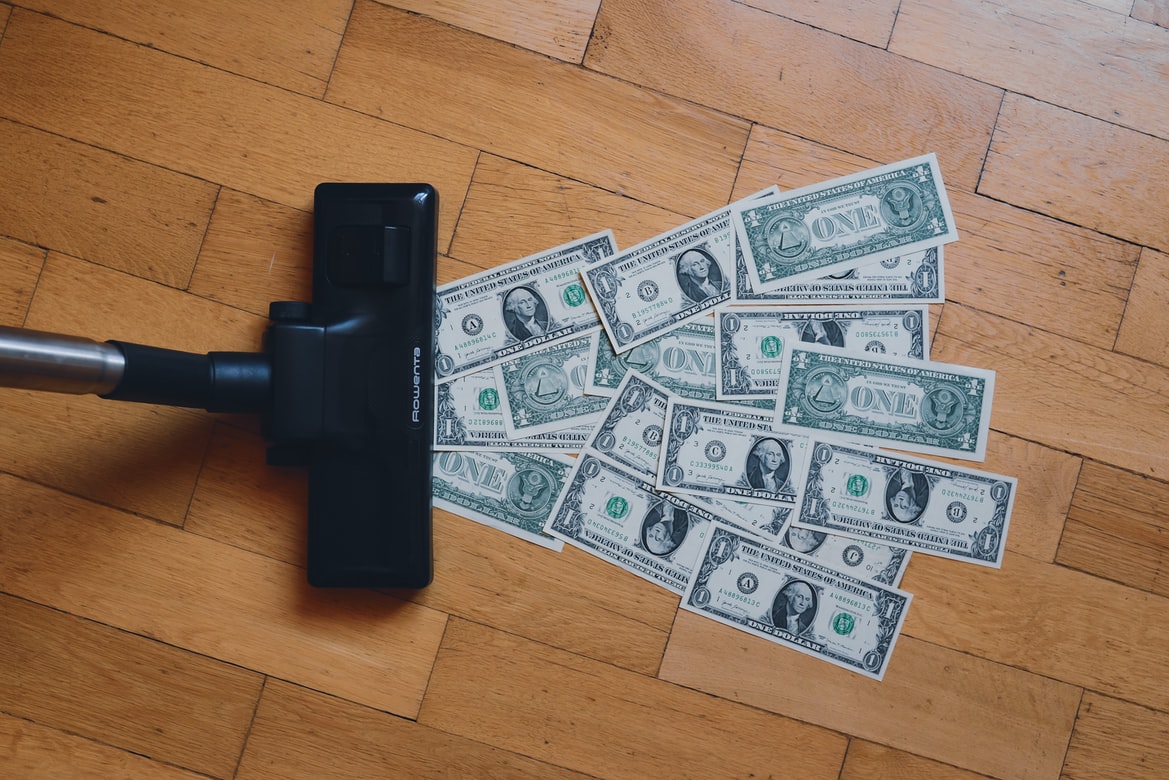Spaarwiel: Get rid of your consumer debt – Part 1
By Eduan Kruger from Spaarwiel
Spaarwiel is a podcast that discusses financial independence, personal finances, and savings and investment opportunities. This podcast is presented by Eduan Kruger, where he talks to regular people as well as experts about personal finances and financial independence.
Categorise it and understand its impact
Debt … Something nobody wants to have against their name. Yet it is something most of us cannot avoid in some or other stage of our life.
It is however important to distinguish between 1, bad debt (mostly associated with luxuries, and has high interest rates) and 2. “better” debt (debt that can be used to productively build your wealth). A home loan can for instance in many cases fall into this category.
Let’s look at consumer debt. Consumer debt is basically debt that is made because we want to finance today’s pleasure with tomorrow’s earnings. As a result, we are then forced to pay yesterday’s debt the day after tomorrow … Meaning that we make no progress with our personal finances … Does it make sense?
There are a few things we need to consider when it comes to debt, so we can limit the impact of consumer debt on our wallets, emotions, and time – and later avoid it.
Categorise your debt:
Debt is like a person with multiple personality disorder. It can take the form of a home loan, study loan, store account, credit card, vehicle financing, and even medical and/or other debt. No matter how many categories we create for debt, the one thing they all have in common is the potential to place a spiritual, emotional, and financial burden on our lives.
Be aware of the impact of debt on your savings:
Debt does not make a positive contribution to your journey to financial freedom and the time you have available to achieve it. The more of your monthly income you have to use to pay off debt, the less you will have to save (income – expenses = potential savings percentage).
The impact of debt and tax:
Apart from the fact that debt reduces your percentage of savings, most debt does not have any tax benefits for you, because debt is paid with post-tax money.
If someone pays off their debt with their salary, they pay off their debt with money on which they have already been taxed. Where that same person – if they did not have any consumer debt – could rather have prioritised pre-tax money to make a bigger contribution to their retirement fund, which has an income tax benefit component in South Africa (and many other countries).
Therefore, debt is simply paid with your precious after-tax rands, and without any further tax benefits. It is just as well somebody simultaneously kicks you on your right as well as your left shin. Ouch …
Share on
Latest articles




















